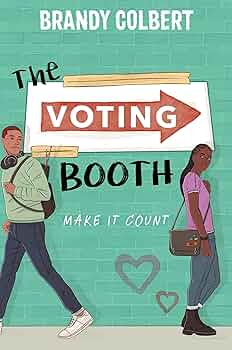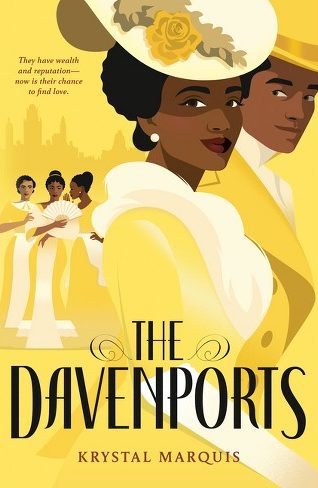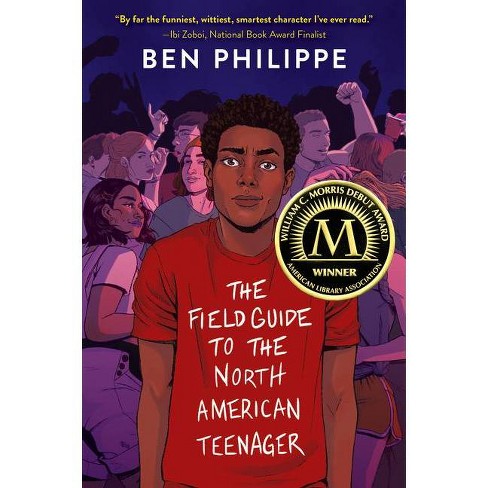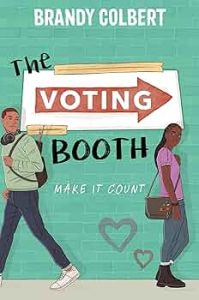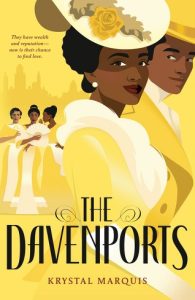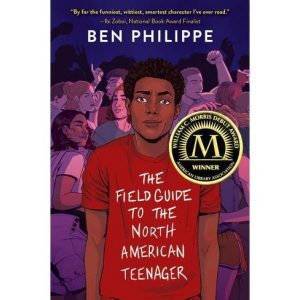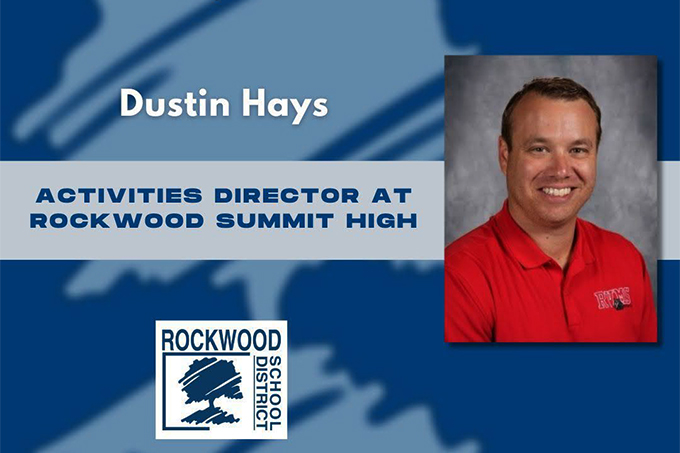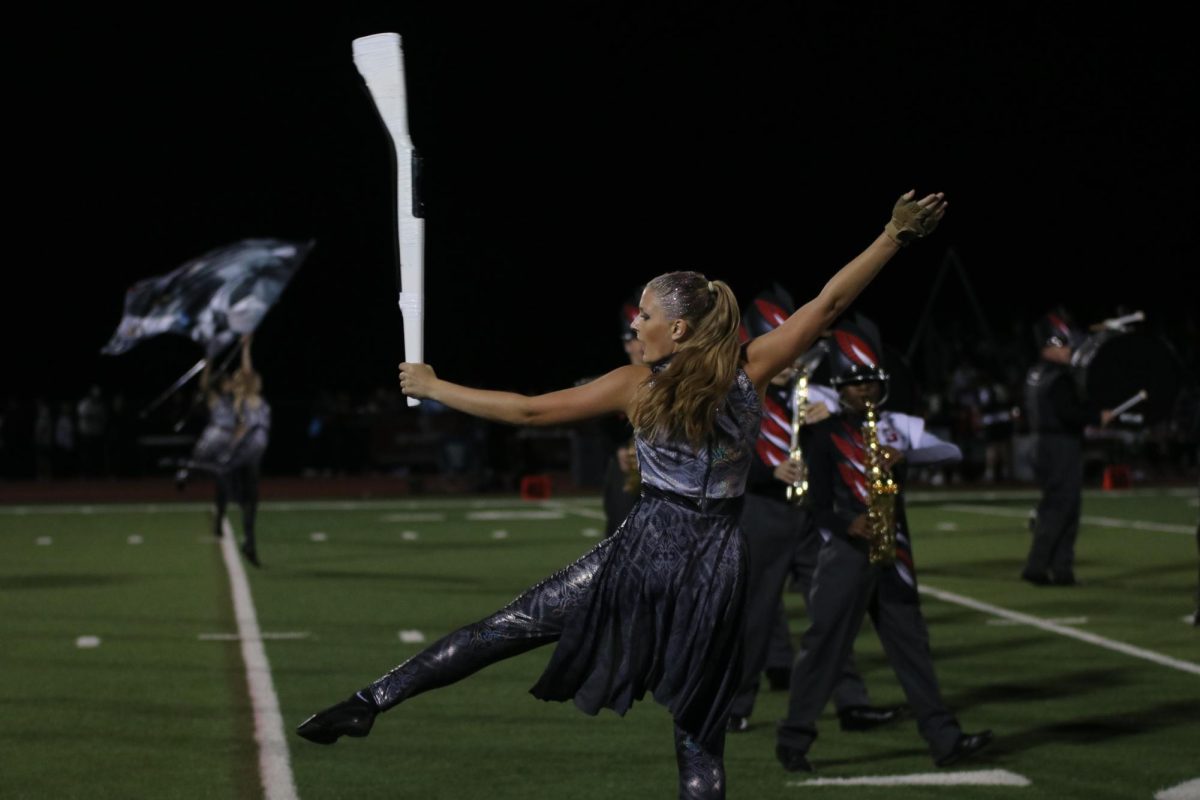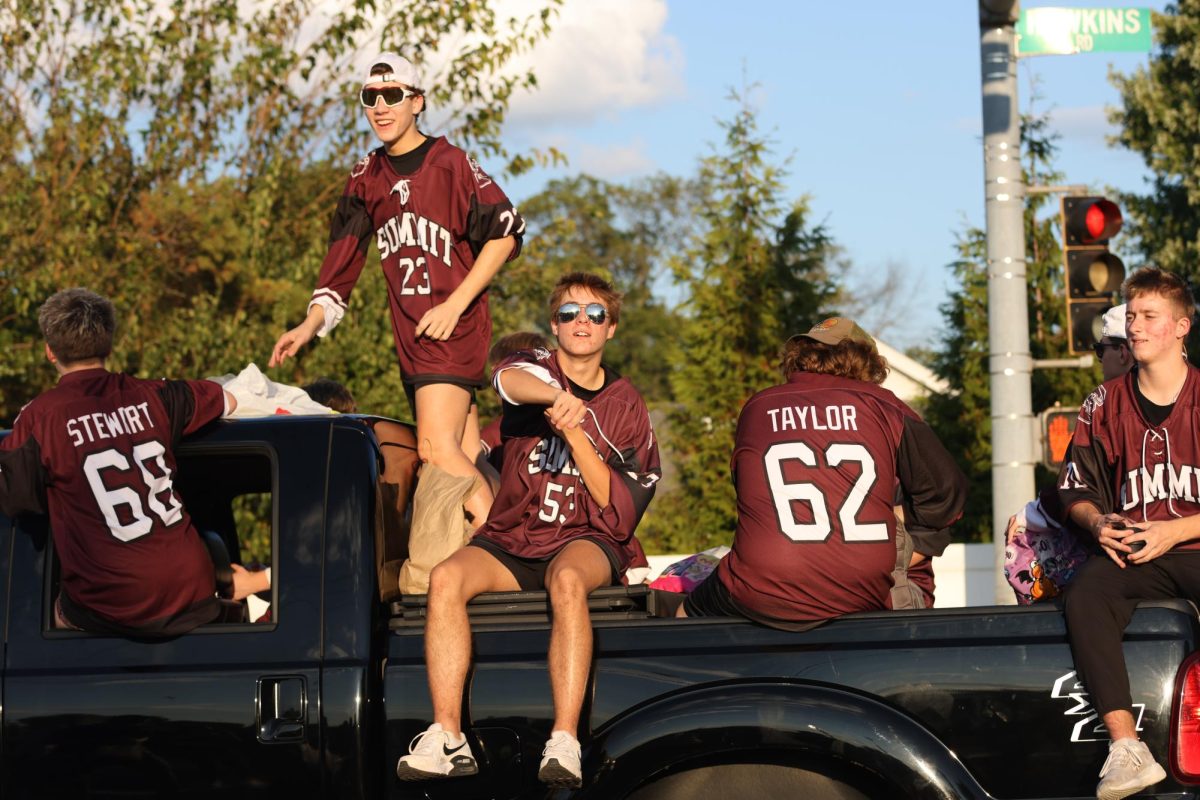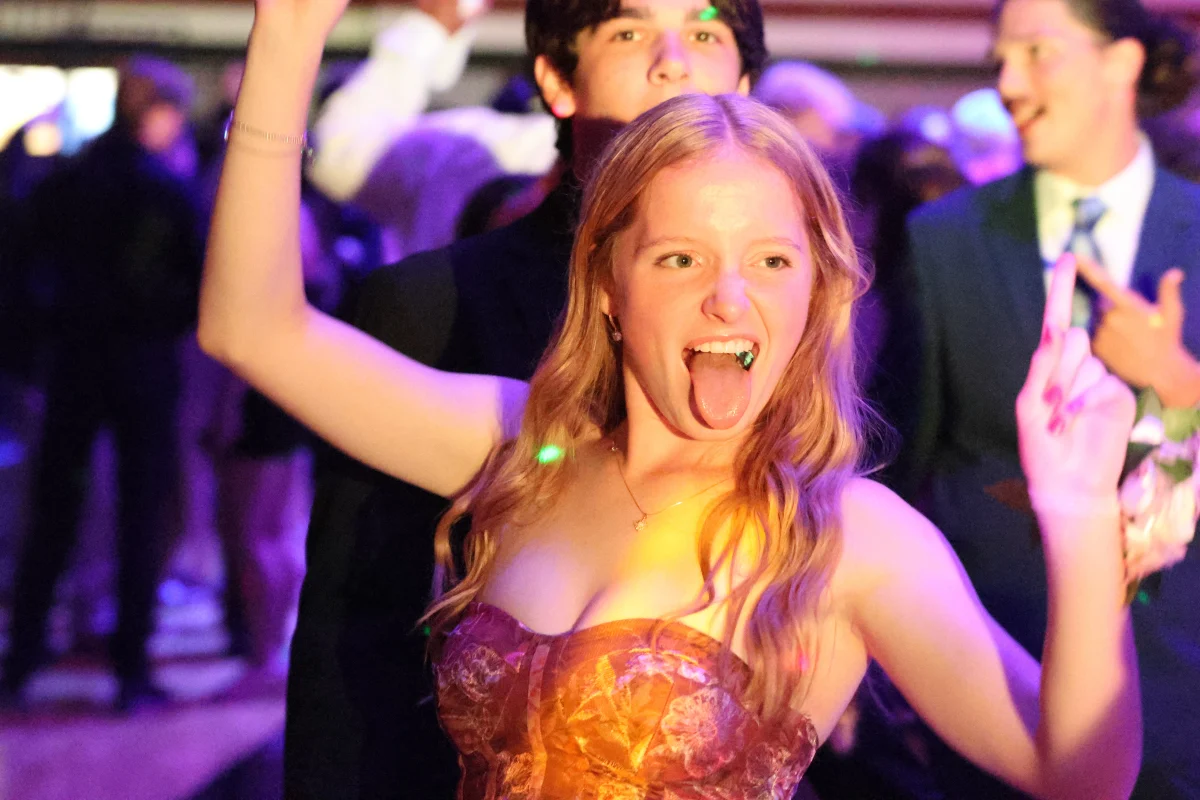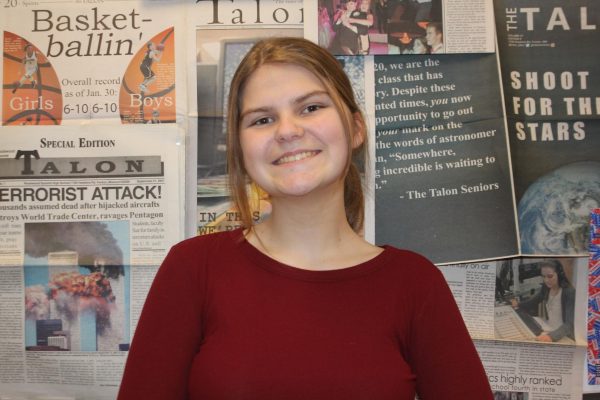Francis Howell School District in O’Fallon, MO decided to cut their Black history and literature electives at a school board meeting on Dec. 21. The decision came as a result of the classes’ curriculums, which were based on the Southern Poverty Law Center’s “Social Justice Standards.” Junior Zakiah Fleming, who took Black Literature at Summit last semester, said that the controversy surrounding the course confused her and her classmates.
“[Our class] was surprised it was still going on now. Why would you choose to take that out of the curriculum? I felt that it was weird,” Fleming said.
Following the decision, community backlash was imminent: in the week following the classes’ removal, a student-created petition calling for their reinstatement garnered over 3,000 signatures, while the St. Charles chapter of the NAACP stepped in to schedule a discussion regarding the decision. In response, the school board rescinded their decision on Dec. 28, stating that the electives would be available for the 2024-25 school year. When it comes to student pushback from curricular decisions, Rockwood’s Director of Education Equity and Access Dr. Cassandra Suggs said that the opinions of the community members are valued in the Curriculum Department.
“If there is a need, I would tell students to reach out directly to our Curriculum Department. They are eager to hear student voices and to support them. We want all students to have a sense of belonging and dignity in our buildings and in the classes and lessons that are taught,” Suggs said.
As a student, Fleming said she believes that the class is important to have available, even if it doesn’t interest every student.
“It depends on the person. Not everyone would want to take the class, but it gives you a chance to gain more knowledge if you want to, and I think it should be there if you want to learn more,” Fleming said.
For students who are interested in the class, English teacher Megan Huffman, who teaches Black literature, said that the class provides valuable perspectives that aren’t always accessible outside of the classroom.
“For many students, through the short stories and novels we read, they get to learn about events in history that they didn’t know about before, so they can become more informed. It also allows students to study authors that they may not get to study in other classes,” Huffman said.
The removal of the classes accompanies a rise of censorship regarding diverse literature. According to the nonprofit PEN America, 2,152 books including characters of color or discuss race and racism were banned in schools between 2021-2023. Huffman said that removing diverse titles from academia is a detriment to all students.
“I think literature and stories in general allow us to step into other people’s lives and learn about experiences that are different [from] our own. Other stories allow us to be seen or they reflect our own experiences and make us feel less alone. Removing diverse titles, I think, is harmful to everybody because it either removes that opportunity to gain empathy and learn about somebody else’s experience, or it takes away someone’s opportunity to feel understood and seen in a novel,” Huffman said.
Library picks: celebrating Black History Month from librarian Margaret Sullivan
Suggs said that learning about different perspectives is essential for a well rounded education, which is why the district has to provide diversity in their curriculum.
“Our world is diverse and as we prepare our students for the world, we must provide them with a diverse curriculum that represents real life. Learning about other people and cultures is one way to promote understanding and to help avoid assumptions. We can all learn from each other and we should. It is vital that our students have a well-rounded knowledge of the arts, academia, inventions, contributions, struggles and victories that make up our world and our nation,” Suggs said.

